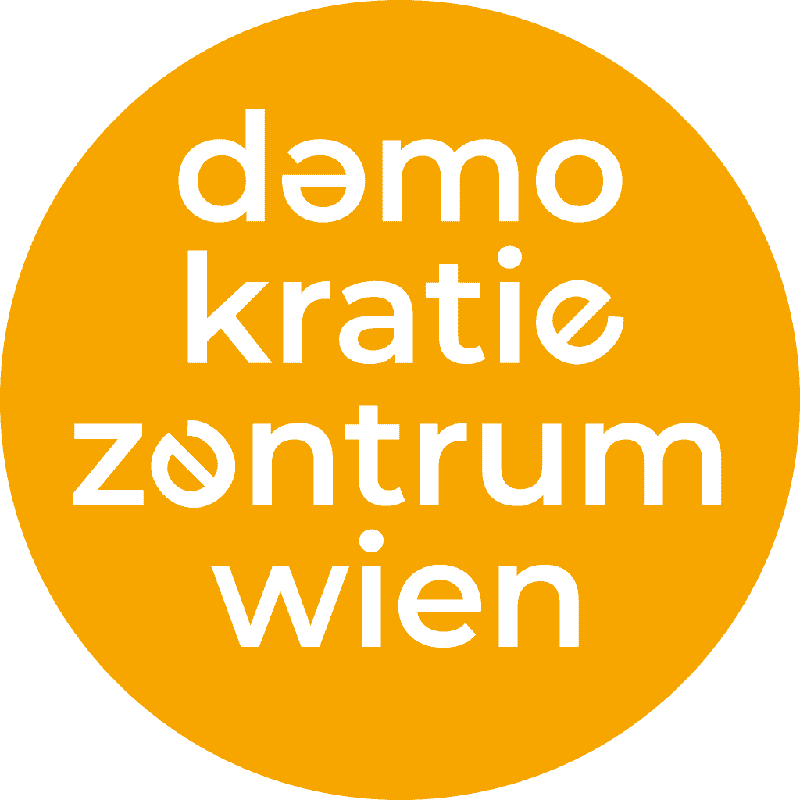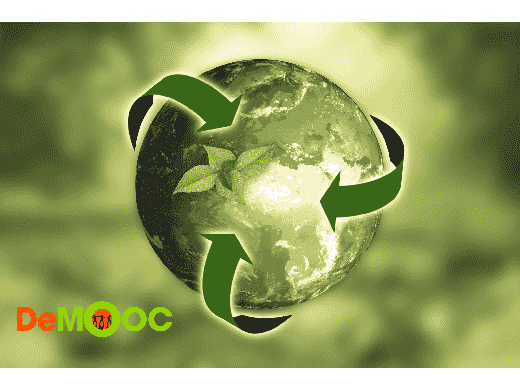


DeMOOC: Sustainability and Democracy - Connections, Potentials and Obstacles
Democracy Centre Vienna
Univ.-Prof. Dr. Dirk Lange and Stefanie Fridrik, BA BA MA
About
General Course Information
Welcome to the in-depth course “DeMOOC: Sustainability and Democracy - Connections, Potentials and Obstacles” of the Demokratie MOOC!
What is the Demokratie MOOC?
The MOOC series “Demokratie MOOC” - DeMOOC for short - is a free online course series for openly accessible and digital democratic political education for adults, which is being implemented in a cooperation between the Association of Austrian Adult Education Centers and the Democracy Center Vienna. The DeMOOC is offered in several modular self-study courses and runs without a time limit, so that participation is possible regardless of time and place. The courses in the DeMOOC series help participants to build up a basic knowledge of democracy, politics, political processes and social structures so that they can integrate this knowledge into their own lives. The various main topics are always related back to issues relevant to democratic politics in order to promote the strengthening of critical and responsible citizenship.
Further information on the MOOC series “Demokratie
MOOC” can be found at:
Who is this course aimed at?
The MOOC “DeMOOC: Sustainability and Democracy - Connections, Potentials and Obstacles” is an extension and deepening of the DeMOOC. With compactly compiled information texts, the course is aimed at learners who want to find out about questions and problems relating to sustainability and sustainable development, particularly against the background of their social, ecological and (democratic) political dimensions. In addition, the course offers multimedia, specialist input for working and reflecting on the content as well as examples and materials for didactic preparation as inspiration for educational work. The course is therefore also suitable for teachers and multipliers who want to incorporate issues relating to sustainability as a guiding principle, political agenda and educational goal into their educational work.
Although the MOOC is thematically linked to previous courses in the DeMOOC series, it can be completed independently of them. You will find an introductory video to the DeMOOC embedded in the first unit of the basic course part 1:
Content
Course Content
The MOOC “DeMOOC: Sustainability and Democracy - Connections, Potentials and Obstacles” consists of four units that build on each other in terms of content. The course serves as a thematic extension of the DeMOOC series and focuses on the topic of sustainability in the context of society, international politics, democracy and education, among other things.
Unit 1 begins with the meaning of the term
sustainability. First, the origins of the term and its historical development
up to the establishment of sustainability in a scientific context are
explained. Following on from this, the political developments in the 20th
century towards sustainability as a guiding principle for action are traced
using trend-setting international agreements and reports. In the next step, the
most important sustainability models are explained with reference to the
various dimensions of sustainability (social, ecological, political, economic).
Finally, the unit focuses on the topic of greenwashing in the context of
corporate strategies and explains how to recognize greenwashing and what you
can do about it yourself.
Unit 2 examines the establishment of
sustainability goals and strategies from the global to the local level, with a
focus on developments since the turn of the millennium. The 2030 Agenda and the
Sustainable Development Goals as well as the European Green Deal and Local
Agenda 21 are discussed in depth. The central points of criticism of these
strategies and their implementation are also repeatedly discussed. Finally, a
degrowth-critical perspective is introduced with the concept of degrowth. In
line with this criticism, alternatives to growth-oriented production and
lifestyles are presented, as proposed and demanded by the degrowth movement.
Unit 3 focuses on the concept of the imperial mode
of living as an explanation for worsening crises and as a structural obstacle
to sustainable development. The extent to which political decisions and
everyday actions in the Global North favor these global dynamics and thus
prevent a good life for all is shown. To this end, the concept is explained in
the context of the need for a socio-ecological transformation. As a
counterproposal to this, the question of alternatives and possibilities for
solidary ways of living and doing business will be explored. To further deepen
the examination of the link between social and ecological issues, the unit concludes with the topic of climate justice.
The final key topic of the course is the connection between sustainable development and democracy as a form of government and society. In unit 4, the connections and contradictions arising from this are firstly discussed. The concept of Global Governance as a political order beyond the nation state is then discussed and the question of how this could contribute to sustainable development is explored. Subsequently, possibilities and forms of civil society participation on the topic of sustainability are presented and discussed both within and outside of an institutional framework. Finally, the role of (political) education in this context is considered by taking a practical look at the content and objectives of Global Citizenship Education.
Course Goals
By completing the courses in the DeMOOC series, participants should be able to develop a deeper understanding of democracy, politics and society at various political levels in order to strengthen their own access to politics and experience their own active participation in the political system. The aim of the DeMOOC is to strengthen political education in adult education, in extracurricular and school education, but also among generally interested people. The DeMOOC is therefore particularly suitable for multipliers, course planners, teachers, social workers, educators and anyone interested in the field of civic education. The programs in the “Initiative Erwachsenenbildung” as well as many other course and offer areas in adult education can also benefit from the DeMOOC.
The in-depth course “DeMOOC: Sustainability and Democracy - Connections, Potentials and Obstacles” is designed to enable interested parties to get to grips with sustainability issues without any specific prior knowledge. Course participants are given a basic factual understanding of the concepts and terms of the sustainability discourse. The information materials, work tasks, radio reports and videos provide a targeted introduction to the topic area and at the same time provide the necessary points of reference to place the basic knowledge acquired in a broader social context. In addition, interviews conducted specifically for the course offer insights into various practical perspectives on the opportunities and challenges of implementing sustainability goals. In addition, the participants of the MOOC receive impulses and documents for addressing this complex of topics in their own educational work. Didactic principles for adult education are offered for this purpose.
Previous Knowledge
No previous knowledge is necessary.
Course Procedure
The MOOC consists of the following four units, which are self-contained but build on each other and focus on different topics:
Unit 1: Sustainability – a changing concept
Workload: approx. 4 hours
Unit 2: Pathways to sustainability
Workload: approx. 4 hours
Unit 3: Imperial mode of living – how sustainable development is prevented
Workload: approx. 4 hours
Unit 4: Sustainability and democratic participation
Workload: approx. 4 hours
Unit 1 is the theoretical basis and the most comprehensive unit of the course. It clarifies key terms, concepts and models in connection with various dimensions of sustainability. Units 2 and 3 build on this by offering selected in-depth topics and placing theoretical approaches in the context of political and social developments and structures. In the final unit 4, the focus is on democratic and civil society options for action and the role of education.
Each unit is divided into sub-chapters and contains information texts and media content (explanatory videos, radio reports) as well as specific tasks and a didactic presentation of the respective topics. Both the information texts and the didactic material are freely available to course participants. Each unit begins with a work assignment in the form of a forum contribution on predefined reflection questions. After completing the content chapters, participants return to this and, in a second step, write a response to their own forum post. Each unit ends with a quiz on the content covered.
The units are activated individually on a weekly basis and are then freely available as a self-study course for an unlimited period of time.
Certificate
For active participation in the course, upon completion, an automated certificate will be issued, which will include your username, the course name and the completed units. It should be noted that this is only a confirmation that the user has correctly answered at least 75% of the self-assessment questions (multiple choice quiz) asked.
Licence
Unless otherwise indicated, the content provided in the course is made available under the following license: CC BY 4.0 Demokratiezentrum Wien. The content may be used for educational and other non-commercial purposes on the condition that the following name is cited as the source: Demokratiezentrum Wien. External linked materials, videos etc. may be excluded from the Creative Commons license. Please note the applicable regulations.
Course Instructor
Univ.-Prof. Dr. Dirk Lange and Stefanie Fridrik, BA BA MA
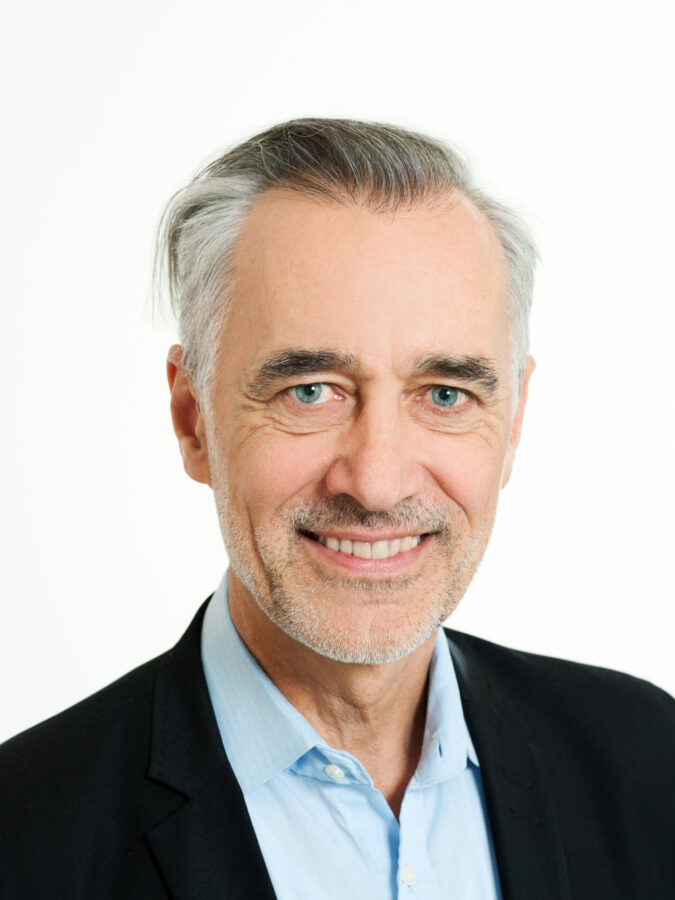
Univ.-Prof. Dr. Dirk Lange
is a university professor for didactics of civic education at the University of Vienna. He has headed the Demokratiezentrum Wien since 2018 and is director at the Institute for Didactics of Democracy at the University Hannover. For many years, Dirk Lange was federal chairman of the German Association for Civic Education (DVPB) and director of the Agency for Adult and Continuing Education in Lower Saxony. His central research object is civic consciousness. His current work focuses on inclusive citizenship education, digitalization and civic education as well as global citizenship education.
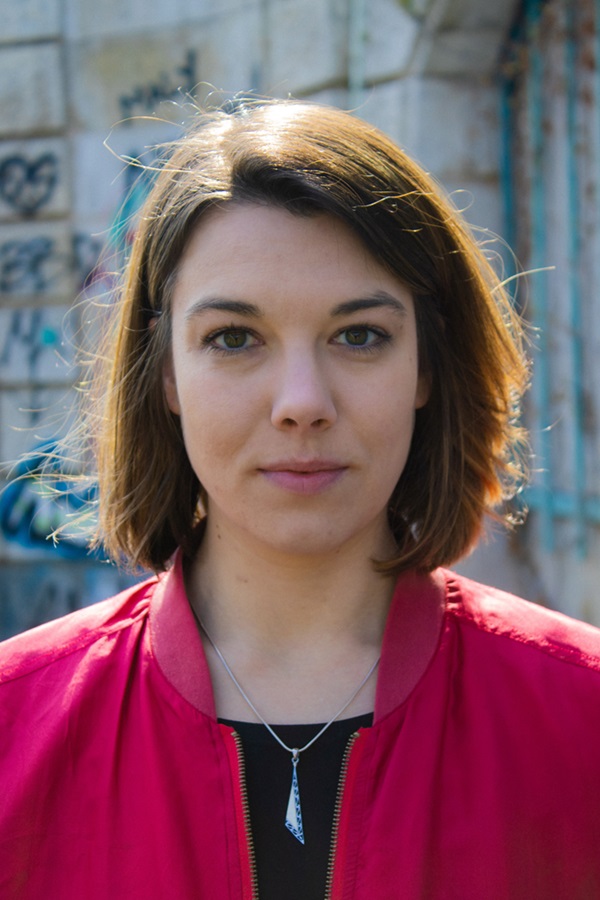
Stefanie Fridrik, BA BA MA works as a research assistant, project manager and trainer at the Vienna Democracy Center. Her tasks include the conception, coordination and implementation of workshops and seminars for different target groups and the supervision of democracy education projects for adults in the field of e-learning. Her focus is on political and democratic didactics, where she is primarily concerned with the topics of sensitization to prejudice, hostility towards democracy and democratic scepticism and participation in everyday practice.
Content-related co-operation: Silas Nathanael Richter, BA
Login & Enrol Currently: 159 Participants
Free for all € 0.00
Partners
A MOOC developed and created by
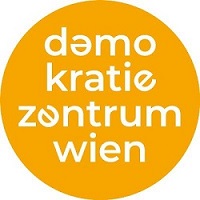
The Demokratiezentrum Wien (Democracy Center Vienna) is an independent scientific institution with tasks in democracy research and democracy education. Our empirical and theoretical research serves the scientific knowledge, the democratic political discourse and the transfer into educational offers. In the sense of a subject-oriented and emancipative civic education, our guiding idea in our educational offers is the promotion of citizens’ maturity and their ability to participate politically.
On behalf of
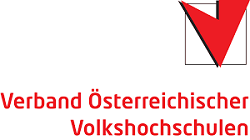
The Association of Austrian Adult Education Centers is the umbrella organization of all 256 Austrian adult education
centers and one of ten associations in the Conference of Adult Education
Austria, the working platform of non-profit adult education. In their more than
one hundred years of existence, the adult education centers have developed and
implemented important and innovative offers for political and contemporary
education. Democracy education is an important concern, and the Conference of
Austrian Adult Education is vehemently committed to its implementation in
Austrian adult education. The Democracy MOOC is made available to all actors in
adult education, further education and training.
Funded by the Federal Ministery of Education, Science and Research.

